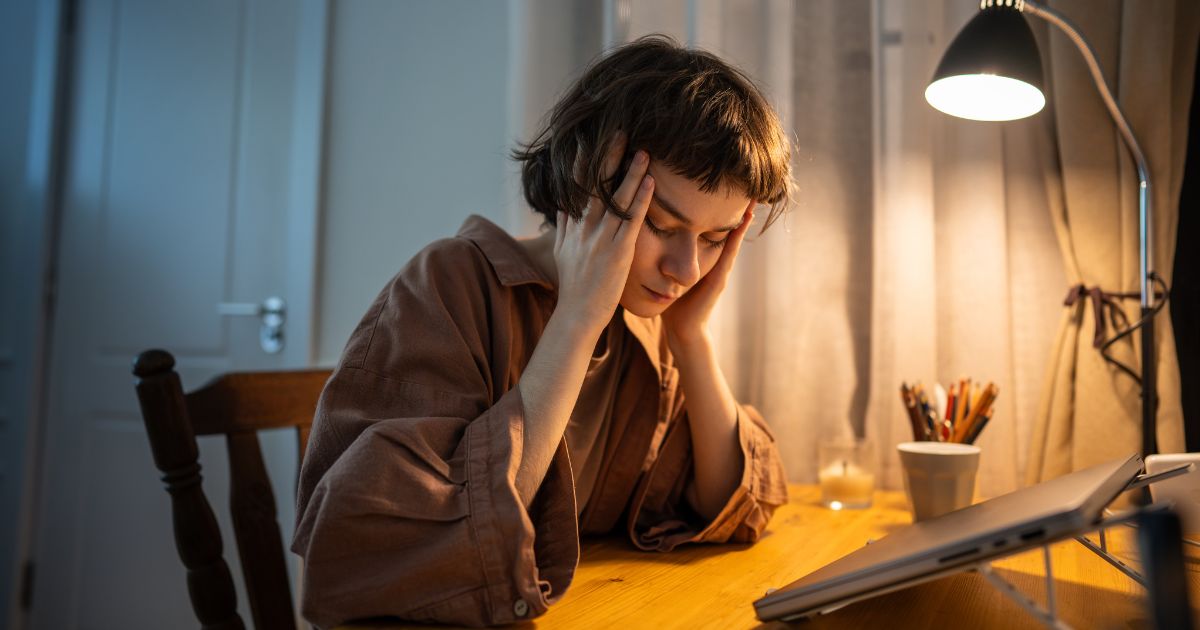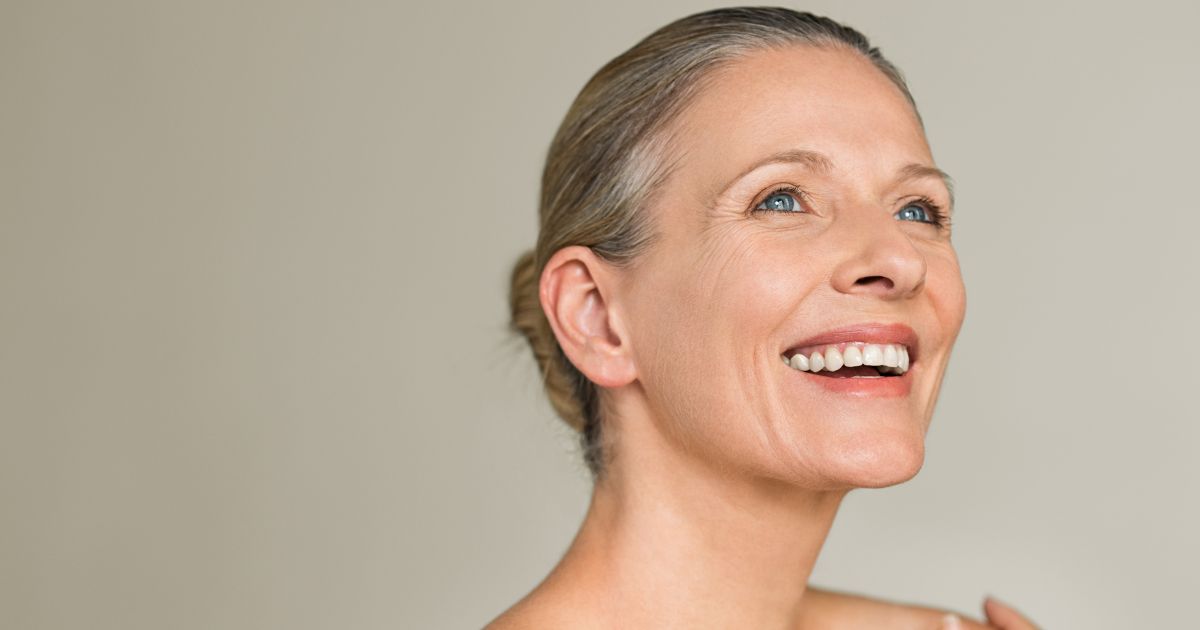True Cellular Formulas Team - October 27, 2023
The No-Poo Method
Hair Microbiome and Benefits

In recent years, there's been a growing wave of individuals advocating for a surprising hair care approach: not using shampoo. At first glance, it might seem counterintuitive. After all, most of us grew up with the idea that regular shampooing is the key to clean, shiny hair. However, the "no-poo" movement claims that letting our hair's natural processes take the lead can result in even healthier locks. But is there any truth to this? Let's dive into the science of hair's microbiome and explore the potential benefits of this unconventional method.
The Science Behind Hair's Microbiome
Every inch of our skin, including our scalp, is teeming with a complex community of microorganisms, primarily bacteria. This ecosystem is commonly referred to as the microbiome. Just as our gut has its unique set of bacteria essential for digestion, our scalps have their distinct set of microorganisms that play a vital role in maintaining hair health.[1]
Shampoos and conditioners, especially the ones laden with sulfates, parabens, and other harsh chemicals, can disrupt this delicate balance.[2] Think of it as pouring bleach into a fish tank. The chemicals don't differentiate between 'good' and 'bad' bacteria, leading to a potential imbalance. Over time, the constant disruption can make our scalp more prone to dryness, itchiness, and other irritations.
The Benefits of Not Using Shampoo/Conditioner
- Natural Oil Balance
Every time you shampoo, you're stripping your hair of its natural oils, known as sebum. This might provide that "clean" feeling immediately after a wash, but in the long run, it prompts our scalp to produce even more oil to compensate for the loss. It's a vicious cycle – shampooing leads to oily hair, which leads to more frequent shampooing. By stepping away from the shampoo bottle, you give your scalp the chance to regulate its own oil production. Over time, many "no-poo" advocates find that their hair remains non-greasy for longer intervals.[3]
- Improved Hair Texture and Health
Without the daily or weekly onslaught of chemicals and synthetic fragrances, you'll likely notice a marked improvement in the texture and health of your hair. Some people report that their hair feels softer, looks shinier, and is more manageable without the use of commercial shampoos and conditioners. Moreover, allowing your hair's natural oils to protect and nourish the hair shaft can reduce breakage and split ends, resulting in stronger hair overall.
- Cost-Effective
This one's simple math. Fewer hair products equate to more money saved. Think about the yearly expenditure on shampoos, conditioners, and other hair products and imagine redirecting that budget elsewhere.
- Environmentally Friendly
Reducing our consumption of hair products benefits not only our wallets but also our planet. Using less shampoo and conditioner means fewer chemicals washing down the drain and ending up in our waterways. Plus, there's the added advantage of reducing the demand for plastic bottles, which play a significant role in environmental pollution.
The Transition Period
Embarking on the no-poo journey isn't without its challenges. As you transition away from traditional shampoos and conditioners, you may encounter what many call the "transition phase." This is a period where your hair might feel oilier than usual, or even a bit waxy. Why? Because your scalp is accustomed to producing excess oil in response to regular shampooing.
This transition period can be a tad discouraging, and many are tempted to revert to their old washing habits. However, it's essential to persevere. On average, this phase can last anywhere from a few weeks to a couple of months, depending on your hair type and the products you were using previously. But the good news is, once you get past this phase, you'll start to notice the genuine benefits of the no-poo method. For encouragement, many find it helpful to read about or listen to testimonials from individuals who have weathered the transition and now swear by the no-poo approach.
Tips for Those Wanting to Try the No-Poo Method
- Be Patient: As emphasized above, perseverance is key. It's crucial to understand and accept that there might be an awkward phase before you see positive results.
- Natural Hair Rinses: If you're not ready to go cold turkey, consider using natural hair rinses. Apple cider vinegar, for instance, can help balance the pH of your scalp and rid it of any build-up. Similarly, a baking soda solution can act as a mild cleanser without stripping your hair of its essential oils.
- Scalp Massages: Regularly massaging your scalp can help in distributing the natural oils, promoting blood flow, and stimulating hair follicles. It's a relaxing routine that benefits both your hair health and your well-being.
- Brushing Techniques: Opt for boar-bristle brushes or wide-tooth combs. These tools can help distribute the natural oils from your scalp to the ends of your hair, ensuring that your hair remains moisturized and tangle-free.
- Research on Natural Hair Products: For those who find that going entirely no-poo isn't feasible, there are still options. Research and invest in natural and organic hair products that align more with the philosophy of respecting the hair's microbiome.
- Listen to Your Hair: Everyone's hair is different. It's essential to be attentive and adjust your routine based on how your hair responds. If you find that an occasional shampoo is necessary, that's okay. The no-poo method is about finding a balance that suits you best.
Summary
Embracing the no-poo method challenges modern notions of hair care, offering a return to nature and a reconnection with our hair's inherent qualities. By reducing our dependence on commercial products, we not only unveil the true potential of our hair, untouched by chemicals, but also make a conscious choice that benefits both our well-being and the environment. As with all things, the key lies in experimentation and finding the balance that resonates with our unique needs and lifestyle.
- Jung, Da-Ryung, et al. “Comparative Analysis of Scalp and Gut Microbiome in Androgenetic Alopecia: A Korean Cross-Sectional Study.” Frontiers, 21 Nov. 2022, doi.org/10.3389/fmicb.2022.1076242.
- Skowron, Krzysztof et al. “Human Skin Microbiome: Impact of Intrinsic and Extrinsic Factors on Skin Microbiota.” Microorganisms vol. 9,3 543. 5 Mar. 2021, doi:10.3390/microorganisms9030543
- The “No Poo” Method, www.nopoomethod.com/.



